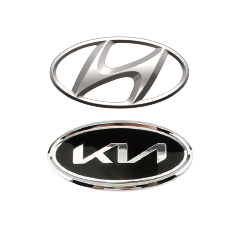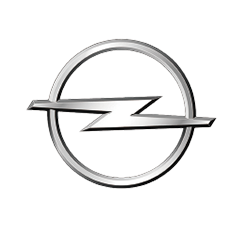"What is LCL cargo?
CL CARGO= LESS CONTAINER LOAD, LCL cargo refers to the small ticket cargo which is less than one full container (20'/40/45). Usually by the bulk cargo consolidation carrier (consolidator) respectively solicited and in the container freight station or inland station, and then two or more tickets of goods assembled in a container, the same to be at the destination of the container freight station or inland station dismantling of separate deliveries.
For this kind of goods, the carrier has to bear the loading and unloading operations, loading and unloading costs are still charged to the cargo side. Carrier's responsibility for LCL cargo, basically the same as the traditional general cargo transport.
What is ocean freight LCL charge?
In the process of ocean freight LCL export, after 11:00 p.m. on the working day before the cut-off date, the cargo cannot be shipped in time due to the booker's reason, resulting in the vacancy of LCL's space, and the LCL will charge the booker to make up for the loss.
How to calculate the loss of space charge?
The calculation of LCL is based on the cost of vacant space, the specific formula is LCL = booking billing cubic metre x (FCL ocean freight + FCL port of embarkation fee)/standard cubic metre.
Note: Standard cubage: 25/20' 50/40' 60/40'HQ
Common reasons and preventive measures for the loss of cabin charge
(1) The owner of the goods is too late to enter the warehouse or temporary cancellation of shipments booked by the person who did not cancel the booking in a timely manner. Preventive measures: Please ask the forwarder to regularly communicate with the cargo owner before the cut-off date and provide timely feedback. And inform the cargo owner that he has the responsibility to notify, otherwise it will generate a loss of cabin charges.
(2) Larger proportion of over-square/under-square/overweight. Prevention: Please ask the forwarder to request the cargo owner to booking consignment and the actual cargo as consistent as possible, and notify any changes in time.
(3) After the goods are in the warehouse, it is found that the characteristics or specifications of the goods themselves cause problems that can not be carried, such as "liquid/dangerous goods/over-sized and overweight pieces". Prevention: Please ask the forwarder to inform the cargo owner not to accept liquid/dangerous goods/semi-dangerous goods, and the oversized and overweight pieces must be confirmed in advance.
(4) Customs inspection leads to the inability to ship in time. Prevent: Please ask the freight forwarder to request the owner of the customs declaration to do the same list, the same documents, the same single goods, customs if there are questions please cooperate with the freight forwarder company customs declaration in a timely and clear to the Customs reply. Customs have any requirements as far as possible to ensure that the goods are shipped in a timely manner.
In short, the most important thing for the prevention of LCL cost is to keep close and good communication between cargo owner and forwarder. At the same time, the forwarder will do its best to solve the problem for the owner in time, and the owner should also trust the forwarder and be frank.
(Source: Shipping Network)




